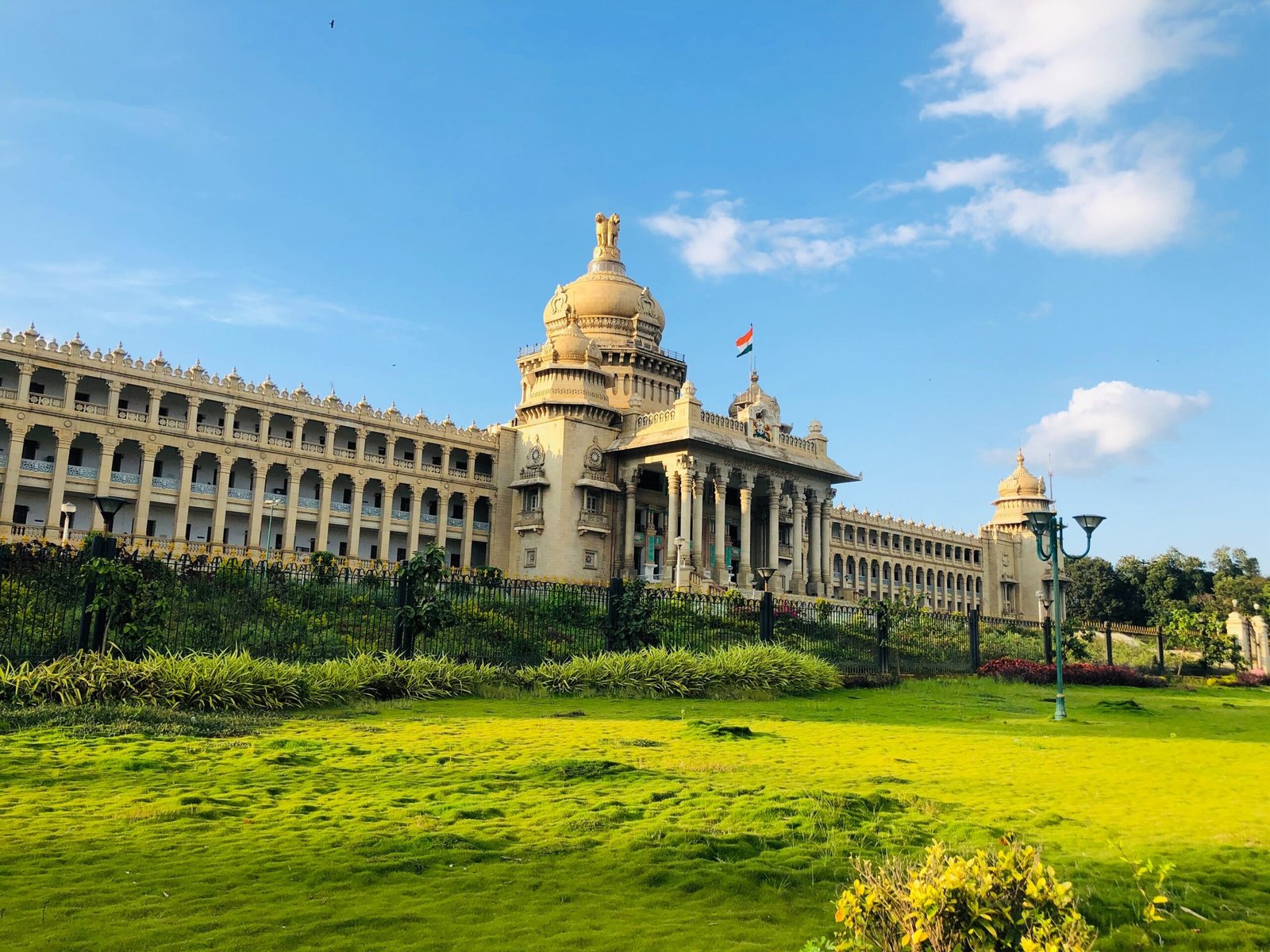Introduction
Coffee lovers around the world, unite! October 1st is celebrated as International Coffee Day, a day dedicated to honoring the beloved beverage that has become an integral part of our daily lives. This annual celebration recognizes the impact of coffee on social, economic, and environmental issues.
History of International Coffee Day
The first International Coffee Day was celebrated in 2015, initiated by the International Coffee Organization (ICO). The purpose was to promote and celebrate the journey of coffee, from the farmers who cultivate it to the millions of people who enjoy it every day.
The ICO, in collaboration with various coffee associations and organizations, organizes events, competitions, and exhibitions to raise awareness about the coffee industry’s challenges and promote sustainable practices.
The Global Coffee Culture
Coffee has become more than just a beverage; it is a cultural phenomenon that connects people from all walks of life. From the bustling cafes of Paris to the traditional coffee ceremonies in Ethiopia, coffee plays a significant role in various societies and traditions.
Each country has its own unique way of preparing and consuming coffee. Whether it’s the strong espresso shots in Italy or the sweet and creamy Vietnamese iced coffee, coffee culture reflects the diversity and creativity of different regions.
The Economic Impact
The coffee industry plays a crucial role in the global economy. It is estimated that around 25 million small-scale farmers depend on coffee cultivation for their livelihoods. Coffee exports generate billions of dollars in revenue for producing countries, making it one of the most valuable commodities in the world.
International Coffee Day aims to raise awareness about the challenges faced by coffee farmers, such as fluctuating market prices, climate change, and fair trade practices. It encourages consumers to support sustainable and ethically sourced coffee brands.
The Environmental Aspect
Coffee production has both positive and negative environmental impacts. On one hand, coffee farms provide habitat for various species and contribute to biodiversity conservation. On the other hand, unsustainable farming practices can lead to deforestation, soil degradation, and water pollution.
Organizations like the Rainforest Alliance and Fairtrade International work towards promoting sustainable coffee production methods, ensuring that coffee farming is environmentally friendly and socially responsible.
How to Celebrate International Coffee Day
There are numerous ways to celebrate International Coffee Day:
- Visit a local coffee shop and try a new coffee blend or brewing method.
- Organize a coffee-tasting event with friends and family.
- Support fair-trade coffee brands that prioritize social and environmental sustainability.
- Share your love for coffee on social media using #InternationalCoffeeDay.
- Learn about the coffee production process and the stories behind your favorite brew.
In Conclusion
International Coffee Day is a time to appreciate the rich history, cultural significance, and economic impact of coffee. It is an opportunity to support sustainable practices and make a positive difference in the lives of coffee farmers and the environment.
So, grab your favorite cup of Joe, raise a toast to coffee, and celebrate International Coffee Day!






